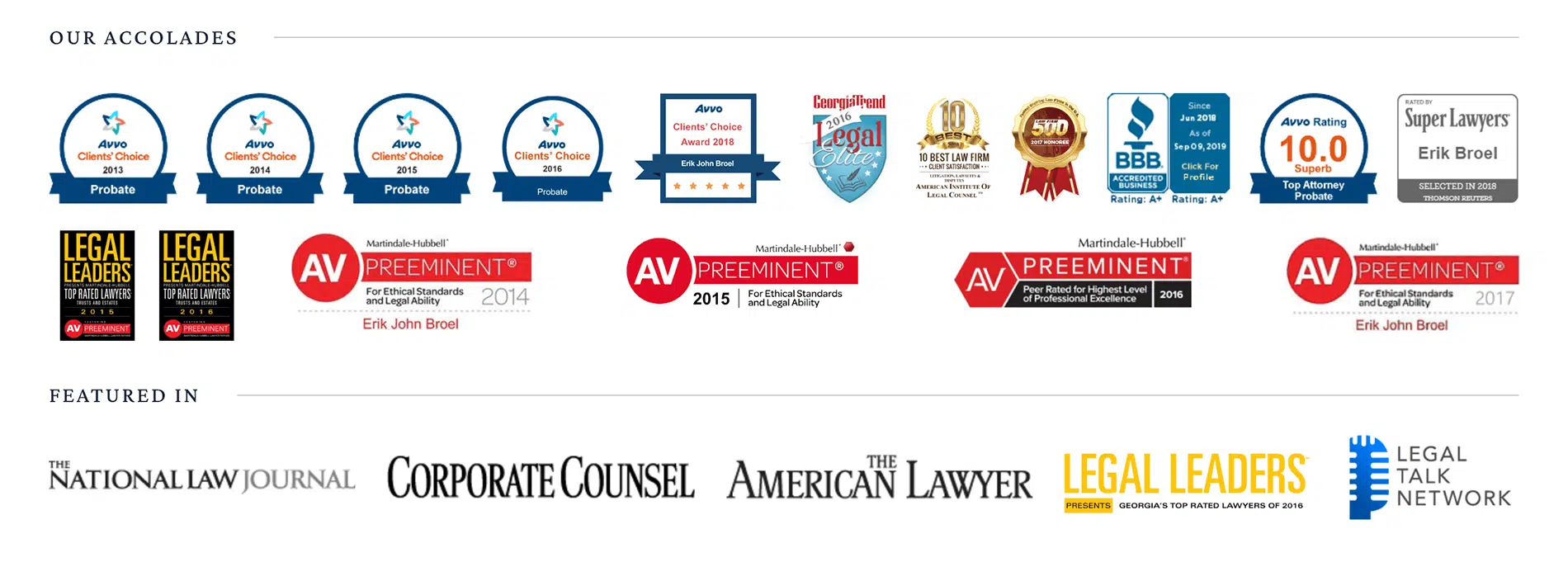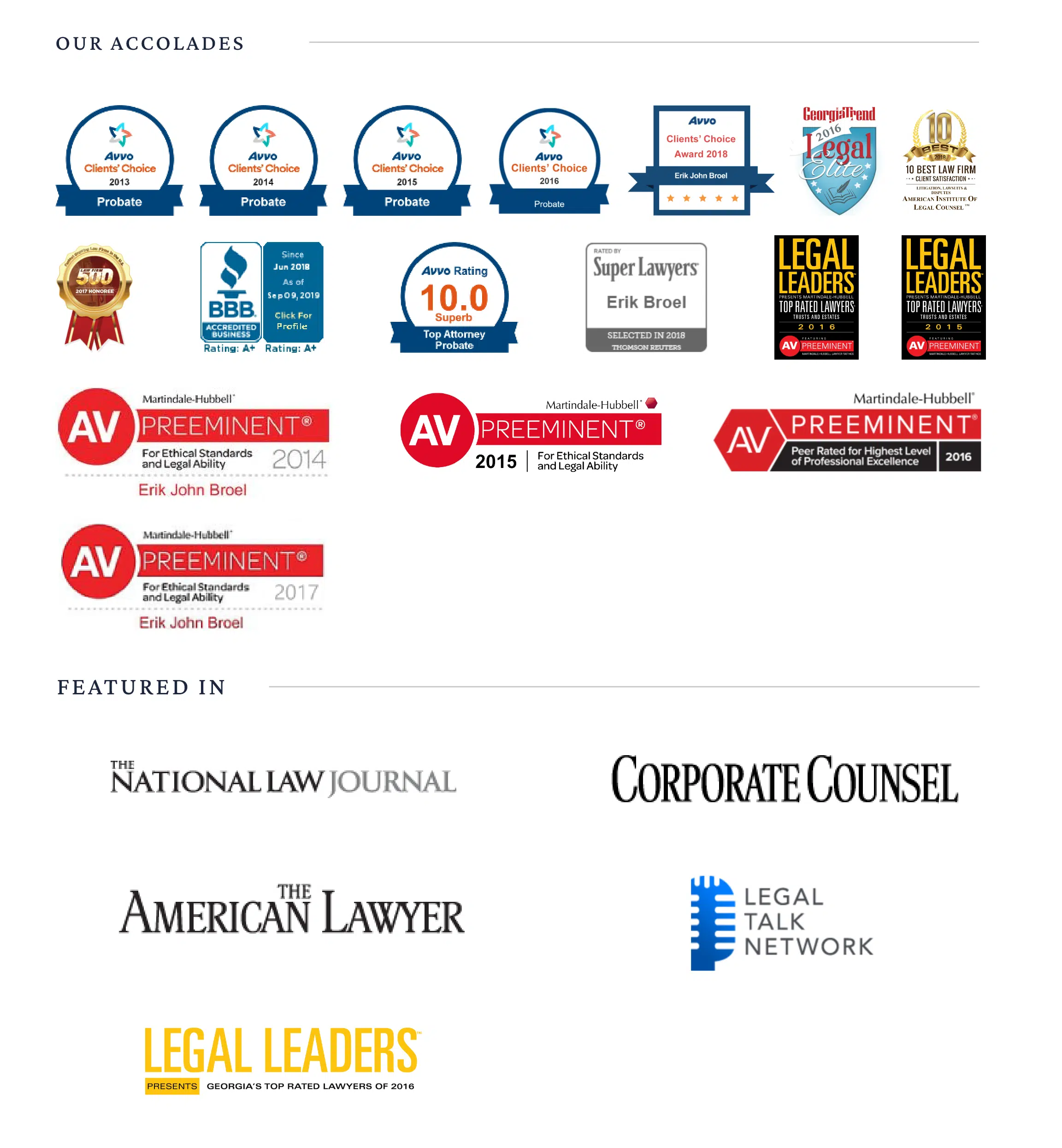What does Georgia probate law have to say about an executor who lived with the deceased prior to death and continues to live in the estate home while administering the estate? What if the administration is delayed as a result? What can you do if you’re a beneficiary watching all of this happen and getting frustrated about the lack of progress in the estate?
These questions paint a disturbing picture of an executor using the estate for his own personal purposes. This kind of behavior goes against Georgia probate law. Let’s look at this in a little more depth and find some solutions.
An executor has an absolute duty to always act in the best interests of the estate and the beneficiaries of the will. That means that an executor should never put his or her personal interests ahead of the interests of the beneficiaries or the estate. In addition, an executor has a duty to the beneficiaries to settle an estate as expeditiously as reasonably possible considering the particular circumstances of the estate.
Learn Important Probate Essentials, including key things that go wrong in an estate, how to prevent them, and what to do if they happen.
Learn Important Probate Essentials, including key things that go wrong in an estate, how to prevent them, and what to do if they happen.
These are considered fiduciary duties under Georgia law, which are the highest duties that the law recognizes. Violating these duties is taken very seriously by the probate court, and can result in an executor’s removal from office along with other sanctions.
In this situation, the fact that the executor lived with the deceased prior to death does not give the executor any right to continue living in the estate home after the deceased’s death. In fact, as an executor, the executor has a duty to move out of the estate home if remaining in the estate home would cause harm to the estate (such as causing the home to be harder to sell) or would delay completing the administration of the estate.
In addition, because the home is still titled in the name of the deceased, it may make it difficult or impossible to acquire homeowners insurance on the property to protect it in case of fire or other disaster. Since an executor has a duty to protect estate assets, failing to secure adequate homeowners insurance would violate the executor’s duties to the beneficiaries, especially if the reason that the insurance cannot be secured is because the executor is living in the home.
Finally, if an executor does live in the home, he or she should get the permission of all beneficiaries to do so. Even if permission is granted, the best practice is for the executor to pay a market rate rent to the estate. The theory behind paying market rent is that if the executor were not living in the home, then the home could be rented to someone else, and that person would pay rent to the estate. So, the executor should do likewise.
If you are in a situation where the executor is violating any of his or her duties to the estate, the solution is to take the matter before the probate court. This may result in having the executor removed, and getting a new executor appointed.
This is one of the most complex and complicated proceedings in probate court, and our firm strongly recommends that anyone in this situation have an experienced probate attorney assisting them.
Compassionate listeners, knowledgeable guidance. Schedule a free consultation with our team and let us help you and your family with your legal concerns.
GET IN TOUCH 770-796-4685Learn Important Probate Essentials, including key things that go wrong in an estate, how to prevent them, and what to do if they happen.



© 2024 Georgia Probate Law Group by Broel Law, LLC. All rights reserved.